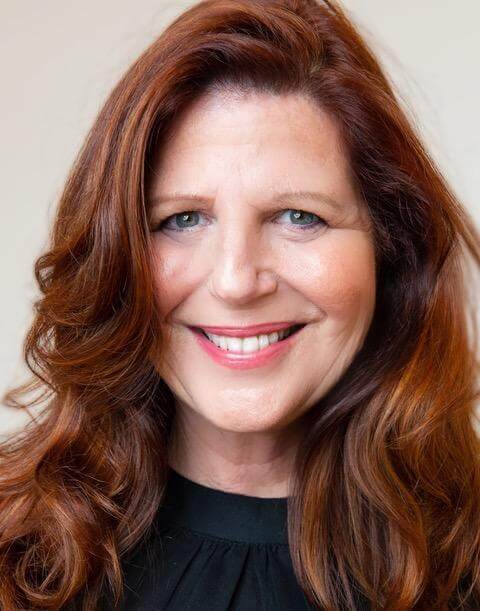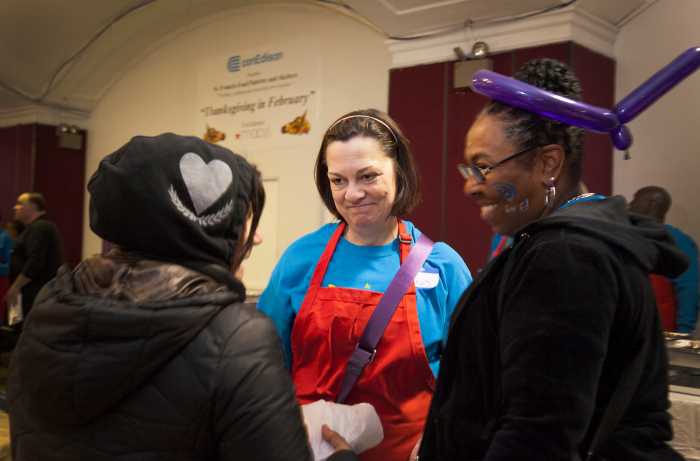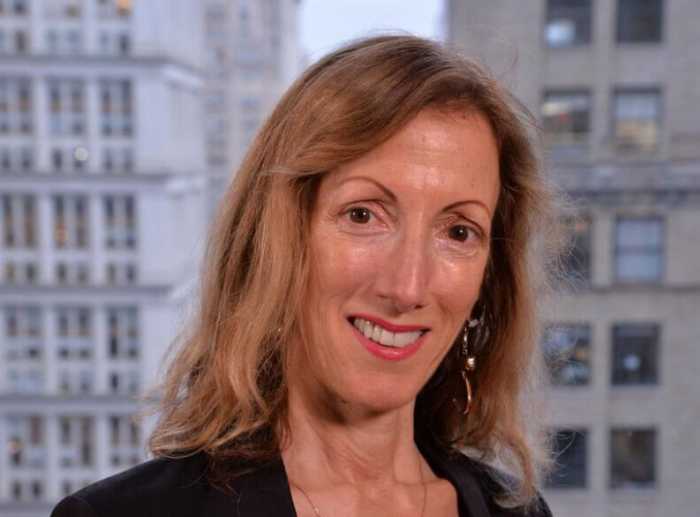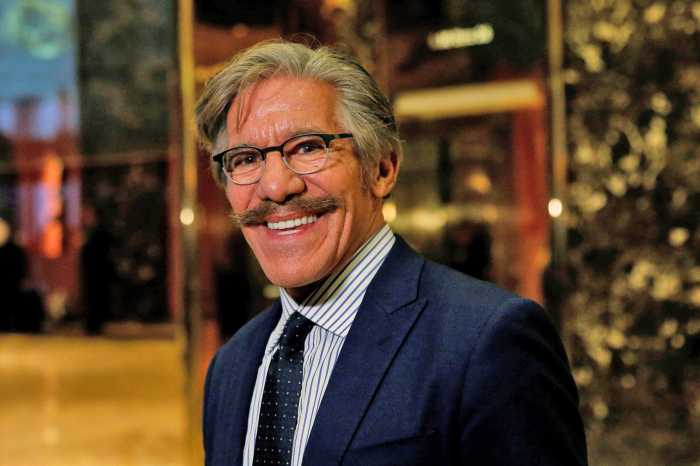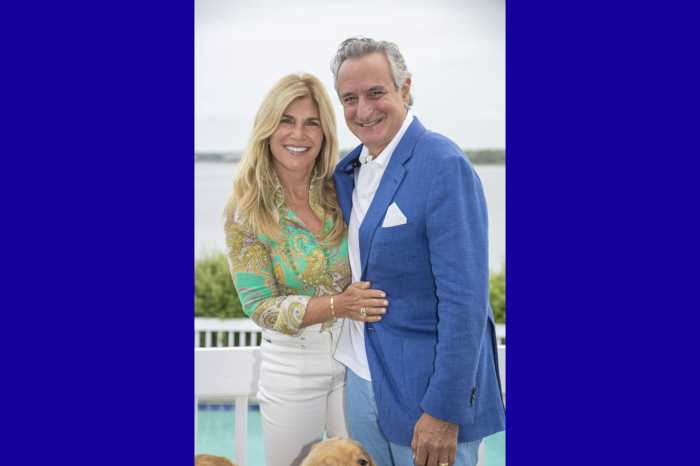For anyone familiar with the Netflix series “Orange is the New Black,” the story of Ivy Woolf Turk might sound vaguely familiar.
The Netflix series focused on an upper middle class white woman who finds herself plunged into the unsavory world of a women’s prison following her arrest on drug trafficking charges.
For Woolf Turk, who found herself sentenced to five years in Danbury Federal Prison following her arrest for charges related to a $27 million Ponzi scheme and mortgage fraud in 2009, she says that the reality of women in prison is far worse than the streaming series could ever reveal.
“I had lost my home, my reputation, friends … everything just blew-up in my life,” says Woolf Turk, who previously worked as a New York City real estate developer.
Among the dark details of her time in prison included spending days in a 7×7 cell, enduring time in solitary confinement, as well as being subjected to strip searches and similar harsh treatments.
“My experience was shocking. It was something that no dog should have to go through. Prisons are not made for women,” she says, adding that possibly the worst thing to happen was losing her place in her family and severely straining relationships with her kids.
“I take responsibility for what I did … I knew something illegal was happening, but I didn’t know the extent of what was going on.”
While in prison though, one of the many things she learned was there was no rehabilitation or counseling to help women deal with traumas.
But, undeterred despite her own circumstances, Woolf Turk wanted to help other women.
Among her various jobs in prison, she worked construction and eventually became an English teacher, teaching other inmates.
She soon began to formulate how she would later help women coming back out after prison.
“I applied for grants from the dept. of education to teach yoga, meditation, journaling and other courses to help women,” she says, adding she wanted to “pay it forward.”
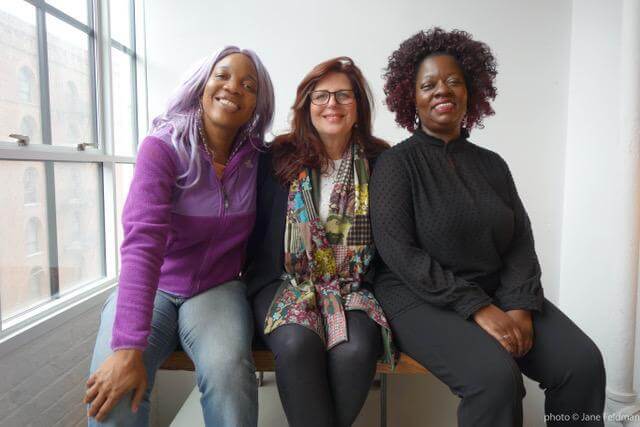
Turk’s efforts helped 62 women get their GEDs while in prison as well as participation in a program of female inmates who went to group homes and even high schools to speak to other at-risk women about making better choices in their lives.
Due in part to her positive work while in prison, Woolf Turk was released early in 2013 and would serve only 46 months of her 5-year sentence.
Although she was glad to be released, she recalls being “homeless, penniless and destitute,” upon her release.
“I was dropped off on Fordham Road in the Bronx at a local halfway house,” she recalls, adding it was like starting over. “I needed to update IDs, driver’s license, check in with probation and try to secure employment.”
But, with help from her family, she managed to get an apartment and then graduate from coaching school in 2014.
“I put a program together to help women re-enter society after prison. Most prison re-entry programs are for men and not women.”
A friend of Woolf Turk’s came through with funding (a grant of $750,000) which she brought to The Women’s Prison Association (WPA). This program helped 100 women get out of shelters and get jobs.
But the program was short-lived when inexplicably Woolf Turk was separated from the WPA in February 2016.
However, she was soon released fully from probation based on her positive programs helping women and at a speech for International Women’s Forum, a former judge that was connected to Woolf Turk’s sentencing was in the audience and offered to help as did 15 other women.
Together, the women helped launch Project Liberation in 2016 through monetary donations and services such as legal/accounting help and office space.
Project Liberation is a weekly workshop that combines life coaching with other modalities, such as yoga, journaling, meditation, and crisis counseling.
Woolf Turk says many women she helps have had some type of criminal justice system involvement and others just feel “stuck” in their own lives.
“I managed to take my negative experiences of incarceration and transform them into a life of service,” she says, adding that sacred relationships are formed within a very safe environment of the project by helping women discover who they truly are and what they want for their lives.
She says the project helps women to overcome all sorts of trauma from domestic violence and drug/alcohol addiction to poverty and more.
“The project has helped many women to chart their future on a different path than where they were headed.”
Success stories include more than 450 women who have gone through the program with none returning to prison ‚ a remarkable statistic, considering the rate of recidivism in the U.S. is more than 75% for both men and women combined.
Woolf Turk says that what makes the program different is that it sees people as being “whole,” and not broken but in need of guidance.
The program, says Woolf Turk, has helped women climb out of homeless shelters and into permanent housing, return to school, reunite with families, and get jobs they never dreamed possible.
For example, one client, Mary Jane said “… The promise of her setting us free – no matter where you are in life — from one’s old ‘imprisoned’ habits — has worked miracles in my personal and business life. Her wisdom, intuition and humanity can turn around a life. It certainly has mine.”
Currently, Woolf Turk says she has a master plan to have clients who can afford to pay for her “resiliency coaching,” basically subsidize “marginalized” women who also need help but can’t afford to pay. “This will be a win-win situation,” she says.
“Project Liberation’s mastermind program will go toward helping women who are coming out of prison and need services badly.”
Woolf Turk continues to speak at conferences and panels advocating for help for women in prison and re-entry programs.
“My true goal,” she says, “is to leave no woman behind.”
To find out more about personal coaching or Project Liberation, visit ivywoolfturk.com.



